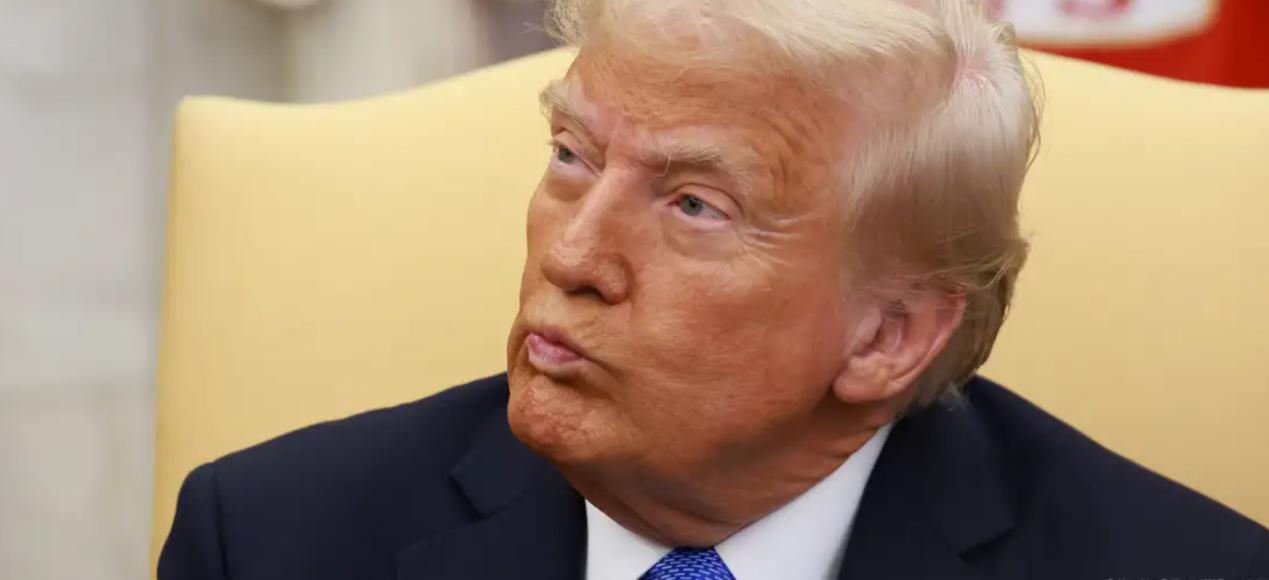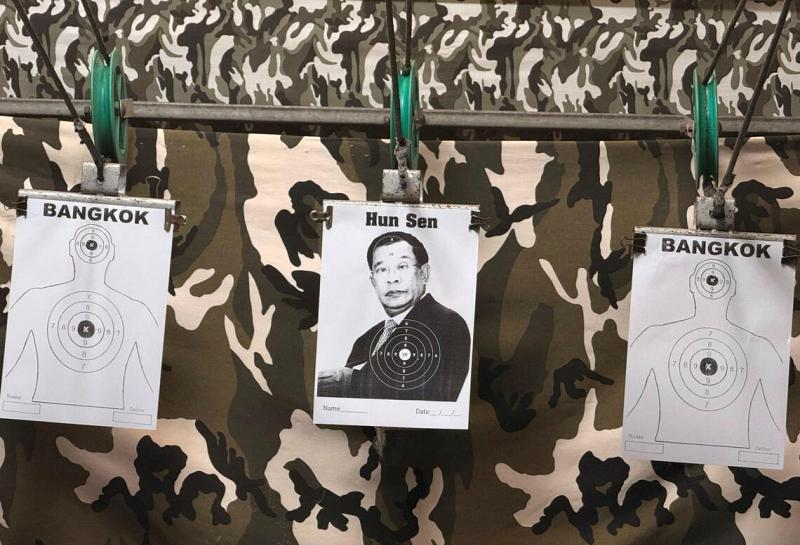
On July 7, 2025, US President Trump announced on social media platforms that starting from August 1, the United States would impose import tariffs ranging from 25% to 40% on 14 countries including Japan and South Korea. At the same time, the deadline for tariff negotiations with the European Union was extended to August 1. This series of actions marks a further escalation of the US's unilateral trade policy, posing a new round of shock to the global industrial chain and geopolitical economic landscape.
Japan and South Korea are the first to be hit: The economic game behind the 25% tariff
According to the tariff list released by the White House, Japan and South Korea are placed in the first tier of the 25% tariff rate, covering core export sectors such as automobiles, electronics, and machinery. In letters to the leaders of Japan and South Korea, Trump explicitly stated that this move aims to "correct the trade deficit" and threatened that if the two countries take retaliatory measures, the United States will "impose equivalent additional tariffs". Data shows that in 2024, the US trade deficits with Japan and South Korea reached 68 billion US dollars and 32 billion US dollars respectively, with South Korean memory chips, electric vehicle batteries, and Japanese high-end components dominating the US import market.
The risk of economic shock to South Korea is particularly significant. The South Korean central bank has lowered its economic growth forecast for 2025 to 1.9%, the lowest since 2001. If the tariffs take effect, the export costs of South Korean companies such as Samsung Electronics and LG Energy Solution to the US will surge, potentially leading to a 0.8% quarter-on-quarter contraction in South Korea's GDP in the third quarter. Japan, on the other hand, is attempting to "invest for exemption" - the Ishiba government emphasizes that Japanese companies have created over 900,000 jobs in the US and hints that it may ease the tariff pressure by expanding infrastructure investment in the US. However, Trump's letter explicitly demands that Japan "remove non-tariff barriers", directly targeting Japan's agricultural protection policies and drug approval system, leaving the negotiation space uncertain.
The European Union temporarily avoids the brunt: The strategic compromise behind the extended negotiation deadline
In contrast to the tough stance towards Japan and South Korea, the Trump administration excluded the European Union from the first batch of tariff list and extended the negotiation deadline from July 9 to August 1. This adjustment stems from the EU's proactive concessions: According to the Portuguese finance minister, the US and the EU are in the final stage of negotiating a "10% benchmark tariff" framework. The EU has committed to maintaining low tariffs on core products such as aircraft and wine and allowing European car manufacturers with factories in the US to enjoy tariff reductions. In exchange, the EU demands that the US ease import restrictions on European auto parts and suspend the expansion of steel and aluminum tariffs.
The EU's compromise reflects its deep concerns over a tariff war. The German Association of the Automotive Industry has warned that if the US imposes a 25% tariff on EU cars, Germany's GDP could decline by 0.8%. The French agricultural sector is worried that if the US imposes retaliatory tariffs on French wine, French exports to the US could drop by 40%. Against this backdrop, the President of the European Commission, Ursula von der Leyen, has chosen to prioritize negotiations to stabilize the situation rather than initiating a WTO dispute settlement procedure.
Inflation and Market Volatility: Dual Challenges for the US Economy
Trump's tariff policy is pushing the US economy to the brink of "stagflation". Goldman Sachs estimates that if tariffs are imposed on Japan, South Korea, and the EU, the prices of US imports will rise by 6.8%, pushing the year-on-year increase in the CPI above 4%. At the same time, the US stock market has already reacted in advance: on July 7, the Dow Jones Index fell by 0.94%, with the semiconductor and auto parts sectors leading the decline, while the share price of the US-based copper mining company Freeport-McMoRan soared by 8.8% on the day, reflecting the market's complex expectations regarding trade protectionism.
The more far-reaching impact is that Trump's "weaponization of tariffs" is weakening the international status of the US dollar. The EU, China, and other economies are accelerating the promotion of their own currency settlements. In the second quarter of 2025, the transaction volume of the Cross-border Interbank Payment System (CIPS) for the RMB increased by 57% year-on-year, and the proportion of the euro in energy trade rose to 38%. The International Monetary Fund has warned that if the trade war continues to escalate, the US dollar's reserve currency status could decline by 15 percentage points within the next five years.
Conclusion: Unilateralism Cannot Solve Structural Contradictions
Trump's tariff policy is essentially externalizing domestic economic problems and attempting to reshape the global industrial chain through trade protectionism. However, historical experience shows that tariff barriers cannot fundamentally solve structural contradictions such as the hollowing out of manufacturing and the decline in technological competitiveness. The "investment in the US for exemption" strategy of Japanese and South Korean enterprises and the EU's "compromise for time" approach both reflect the rational choices of various countries under the pressure of unilateralism. The future of the global trade system depends on whether major economies can find a "rebalancing" fulcrum in the game - maintaining their own interests while avoiding the outbreak of systemic risks.

Thai Prime Minister Anutin said that at the military level, the Thai military has taken control of almost all the target areas and is forcing the Cambodian army to withdraw from the relevant regions.
Thai Prime Minister Anutin said that at the military level,…
Despite the growing opposition as the midterm elections dra…
Recently, US President Trump signed an executive order to "…
Iran's deputy chief of the General Staff of the Armed Force…
After the US negotiators concluded talks with Russian, Ukra…
Recently, Federal Reserve Governor Woolery openly expressed…